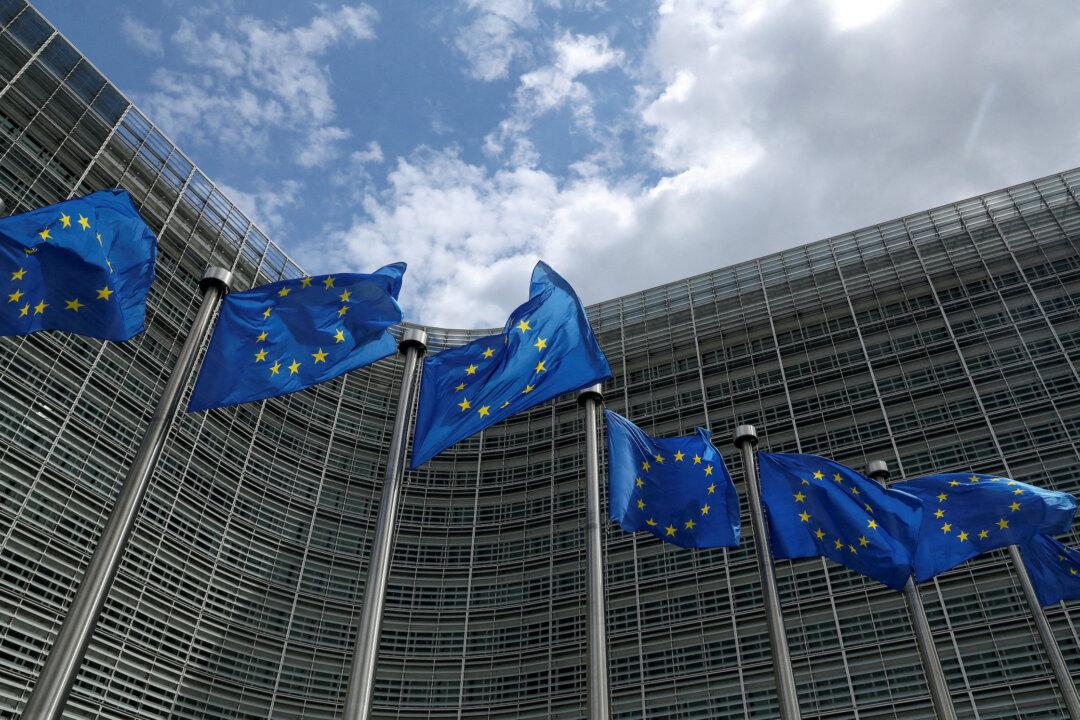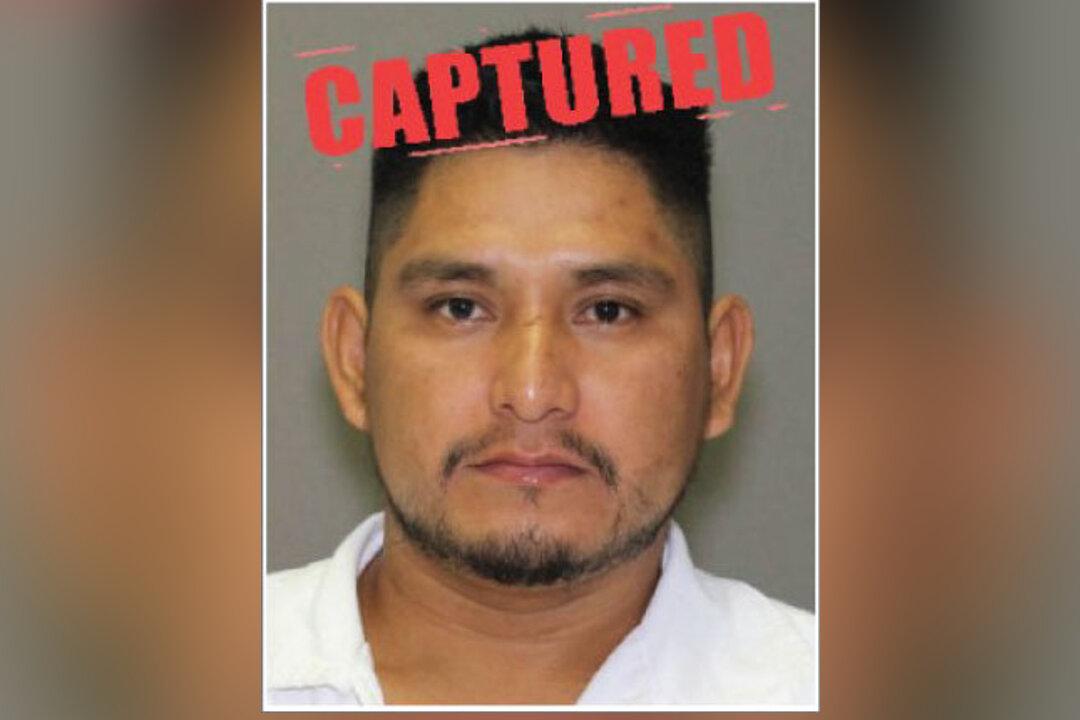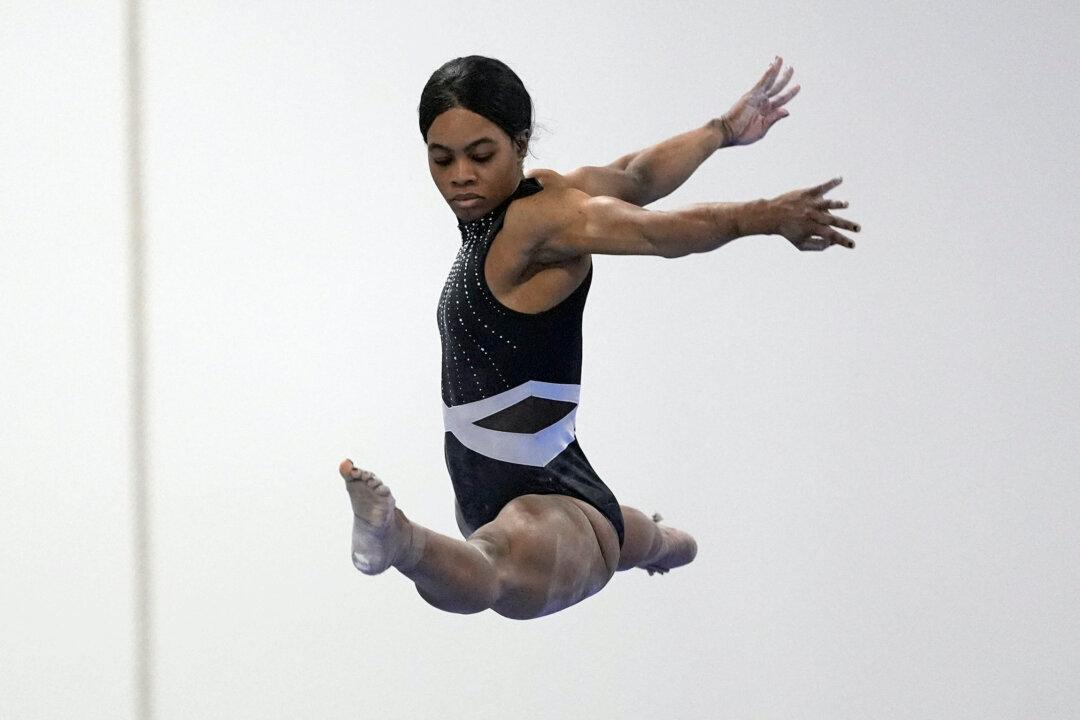European Union lawmakers on Monday warned world leaders about the threats of advanced artificial intelligence (AI) systems, urging them to hold a summit to discuss how to control its development.
The 12 members of the European Parliament (MEP), all working on EU legislation on this type of technology, called on President Joe Biden and European Commission President Ursula von der Leyen to convene the meeting, and said AI firms should be more responsible.





